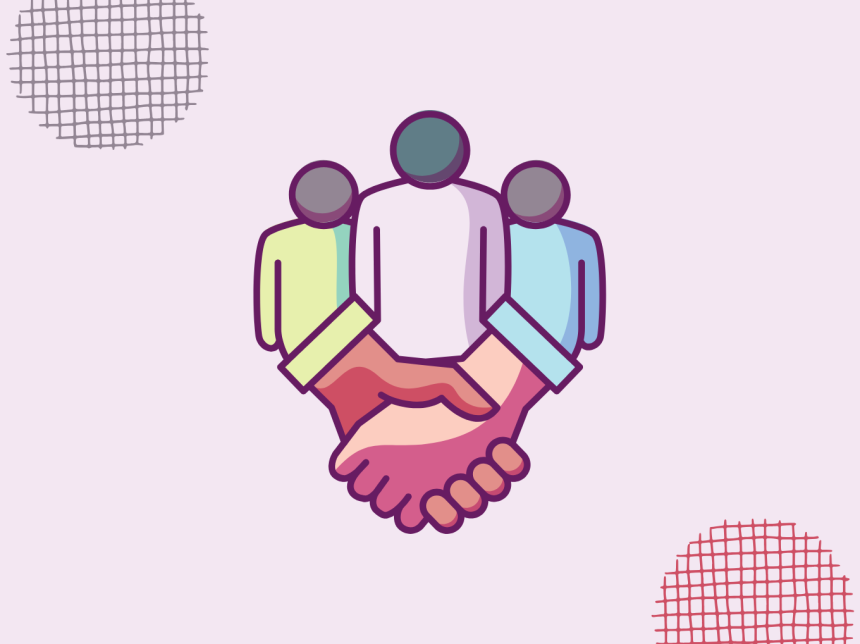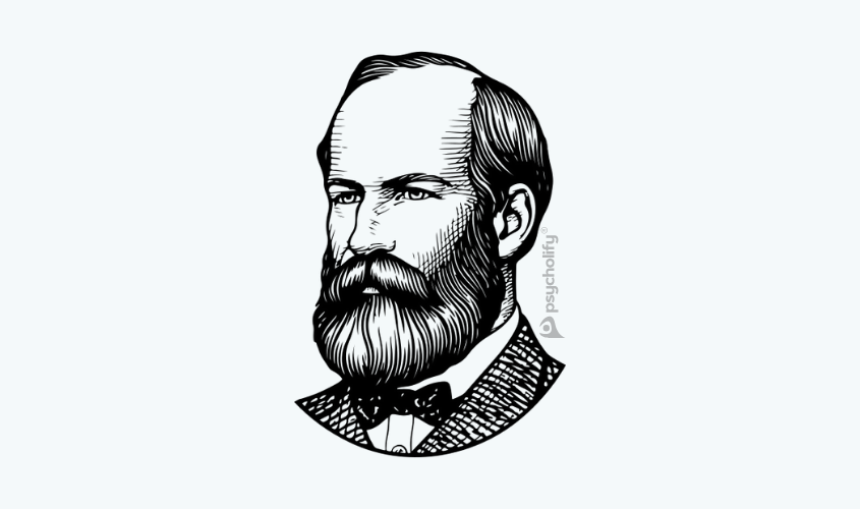
Social Norms and Psychology: Understanding the Rules that Shape Human Behavior
Discover how social norms influence psychology and behavior. Explore cultural rules, conformity, social influence, and their impact on mental health.
The Invisible Power of Social Norms
Every society operates with an unspoken set of rules. These rules—known as social norms—guide our behavior, shape our interactions, and influence how we see ourselves and others.
From the way we dress to how we greet strangers, norms govern daily life. But beyond etiquette, social norms deeply affect psychological processes, including identity, decision-making, and even mental health.
Understanding the relationship between social norms and psychology is essential to grasping how individuals adapt, conform, and sometimes resist the pressures of society.
What Are Social Norms?
Social norms are shared expectations about how people should think, feel, and behave in particular social contexts. They are learned through:
- Observation – Watching what others do.
- Imitation – Modeling behaviors after role models.
- Socialization – Internalizing rules from family, peers, and culture.
- Reinforcement – Receiving approval or punishment for behaviors.
Norms can be explicit (laws, regulations) or implicit (manners, customs). Together, they serve as the foundation of social order.
Types of Social Norms
1. Descriptive Norms
What most people actually do (e.g., “Most people recycle”).
2. Injunctive Norms
What society approves or disapproves of (e.g., “You should recycle”).
3. Personal Norms
Internalized beliefs about what is right or wrong.
4. Cultural Norms
Shared rules within a specific community or society, which may differ across regions and traditions.
Each type shapes psychological responses differently, influencing conformity, self-concept, and decision-making.
The Psychology of Conformity
One of the strongest influences of social norms is conformity—changing behavior to align with group expectations. Classic studies in social psychology illustrate this power:
- Asch’s Conformity Experiment: People conformed to group opinions even when they were obviously wrong.
- Milgram’s Obedience Study: Participants followed authority figures to shocking levels, reflecting the weight of social expectations.
- Zimbardo’s Stanford Prison Experiment: Social roles and norms quickly shaped behavior, often leading to extreme outcomes.
These studies show that humans are profoundly influenced by social pressures, often unconsciously.
Social Norms and Identity
Social norms play a crucial role in shaping personal and group identity.
- In-Group Norms: Following the behaviors of one’s group creates belonging and loyalty.
- Out-Group Norms: Differentiating from other groups reinforces cultural identity.
- Gender Norms: Expectations about masculinity and femininity shape self-perception.
- Cultural Norms: Collectivist cultures emphasize community, while individualist cultures stress independence.
Norms can empower individuals by giving them a sense of belonging, but they can also limit freedom by pressuring conformity.
Social Norms and Mental Health
Norms influence not just behavior but also psychological well-being.
- Positive Effects: Clear norms can provide structure, reduce uncertainty, and promote cooperation.
- Negative Effects: Rigid or oppressive norms can lead to stress, anxiety, and marginalization.
- Stigma and Mental Illness: Social norms often shape attitudes toward mental health, sometimes reinforcing stigma and discouraging treatment.
- Changing Norms: Societal shifts (e.g., acceptance of therapy, changing views on gender roles) can improve well-being.
Thus, social norms act as a double-edged sword in psychological health.
Mechanisms of Social Influence
Psychologists identify several ways social norms affect decision-making:
- Compliance: Following norms to avoid punishment.
- Identification: Adopting behaviors to belong to a group.
- Internalization: Truly accepting norms as personal values.
These mechanisms explain why norms are powerful and persistent in shaping behavior.
Breaking and Changing Norms
While norms are powerful, they are not unchangeable. History shows that social movements—from civil rights to climate activism—emerge when individuals challenge prevailing norms.
Psychology plays a role in this process:
- Minority Influence: Small groups can shift majority opinion over time.
- Social Modeling: Influential figures demonstrate alternative behaviors.
- Normative Re-Education: Campaigns shift perceptions of what is “normal” (e.g., anti-smoking, recycling).
Change often begins when individuals question unconscious conformity and redefine what is acceptable.
Applications in Psychology and Society
Understanding norms has practical applications:
- Public Health Campaigns – Using norms to encourage healthier lifestyles.
- Education – Promoting positive classroom behaviors.
- Organizational Psychology – Building workplace cultures.
- Law and Policy – Creating legal frameworks that reflect evolving norms.
- Digital Behavior – Online platforms shaping new norms of communication and privacy.
Psychologists use insights into norms to design interventions that promote prosocial, healthy, and inclusive behaviors.
Future Perspectives: Social Norms in a Changing World
Globalization, technology, and cultural shifts are reshaping social norms rapidly. Questions for psychology include:
- How do digital norms influence identity and relationships?
- Will mental health stigma continue to decline as awareness rises?
- How do global crises, like climate change, create new moral and behavioral norms?
The psychology of norms is not static—it evolves with society.
Conclusion: The Psychological Power of Norms
Social norms may be invisible, but their psychological power is undeniable. They guide behavior, shape identity, and influence mental health. At the same time, they are subject to change, driven by individuals and groups who challenge the status quo.
By studying the intersection of social norms and psychology, we gain insight into human behavior—and the possibility of creating healthier, more inclusive societies.




